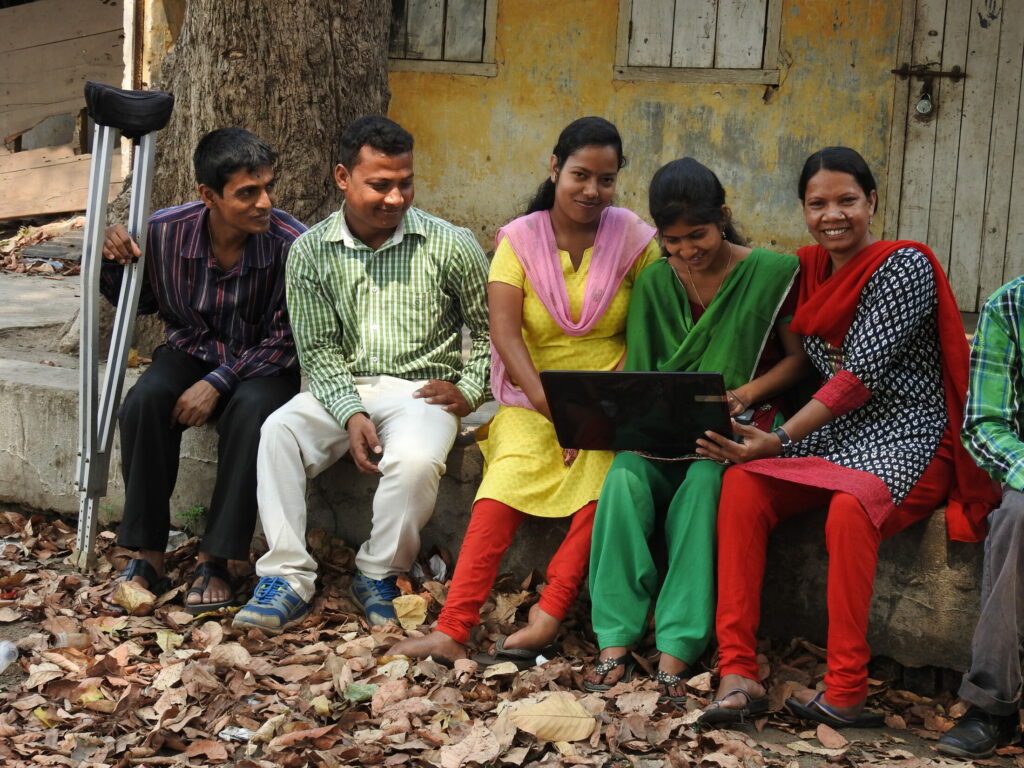Down Syndrome or Trisomy 21
Down Syndrome or Trisomy 21
30/04/2024
Down Syndrome is the best known and most common chromosomal syndrome.
In Brazil, in 2020 and 2021, 1,978 cases were reported at birth. The general prevalence of the disease in our country during this period was 4.16 per 10 thousand live births.
The incidence is higher in older mothers (> 40 years) and is not limited to race or sex. Recent studies show that paternal age also plays an important role in its occurrence.
Down Syndrome is a genetic change that occurs during the formation of the fetus, during the period of cell division. Most cases are caused by cellular non-disjunction, resulting in an extra chromosome.
It is possible to diagnose this syndrome even in the prenatal period, through tests such as USG to evaluate nuchal translucency (measurements > 3mm), fetal echo (due to the presence of cardiac pathologies), karyotype (through amniocentesis or cordocentesis).
Patients with this syndrome present facial features and other characteristic physical changes (short stature, short neck, low ear implantation, short and wide hands, with a single transverse palmar crease, typical eyes, among others)
Hypotonia is observed in newborns and infants.
Hypothyroidism is a common pathology in Down Syndrome and it is estimated that 30% to 40% will present this disease.
About half have a heart defect.
Atrioventricular Septal Defect is the most common heart disease in these patients, but others can be found such as Interatrial Communication, Interventricular Communication, Tetralogy of Fallot and Patent Ductus Arteriosus.
With the aim of raising awareness among the population about the disease and the importance of including everyone in society, the global date chosen was 21/3 as a reference to the genetic fault in pair 21 of chromosomes, which in the case of people with the syndrome, appears with three specimens (trisomy).
Text written by Dr Isabela Rangel
Related articles


New SGOs Scoring Rules to Be Applied in 2026
